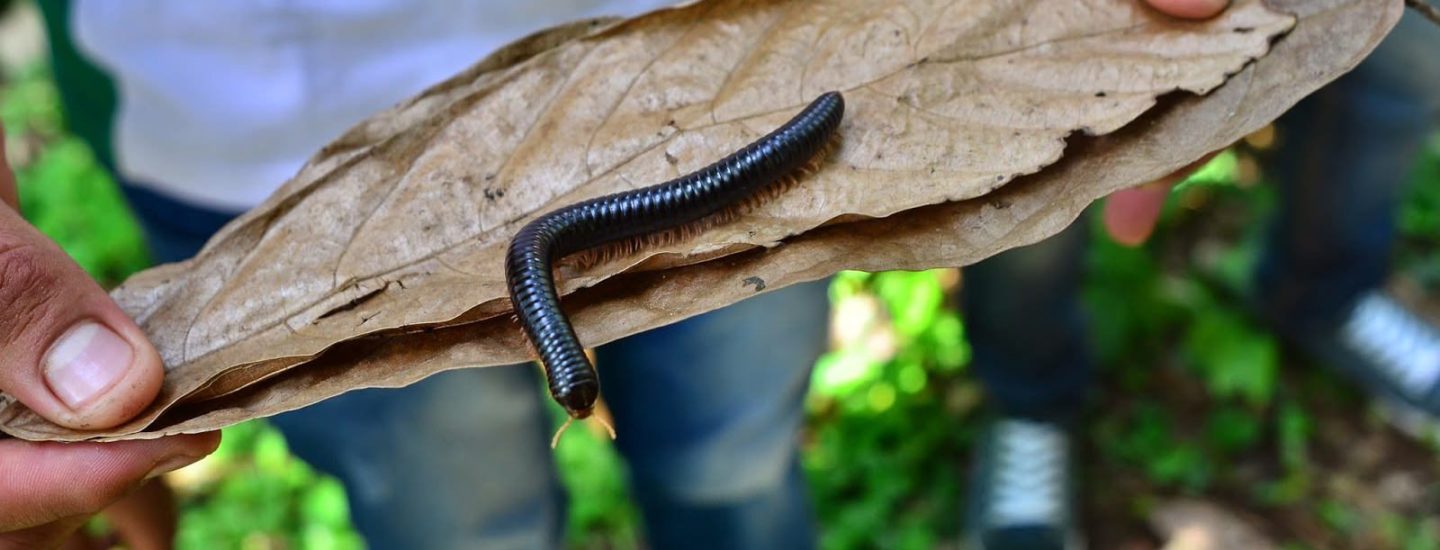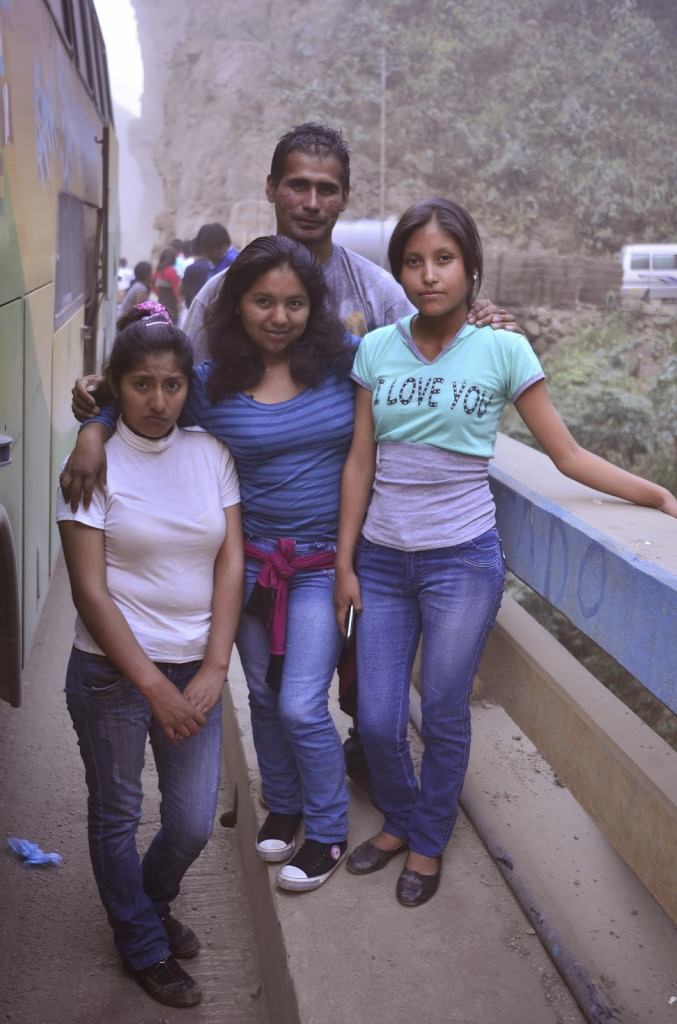Seeds of Change

Editor’s Note: The following is part of our daily holiday series celebrating “The Shared World” through Mary’s thoughts and experiences.
Working in Carmen Pampa at the University, I get the privilege of working alongside the students in the campus gardens. As we weed next to each other I get to hear about their lives, where they come from, and what they are passionate about. As we plant new seeds I hear about what they are learning in their classes and the methods of organic growing that they utilize here at the Unidad Académica Campesina. When we water the plants I hear about their families, what they grow, and how they make a living on their crops.
I ask questions about their concerns about agriculture in Bolivia and what they would like to see change as we harvest and wash the produce. I love that sharing work together allows us to exchange stories from our lives and new ideas and hopes for the future.
One idea I hear time and time again is the movement to mono-crop cultures in Bolivia. Now, this is no new idea to the United States. When we drive by fields and fields of corn, soybeans, and/or wheat, we are witnesses to our own country’s lack of diversity in crop production.
And as we in the United States are becoming increasingly aware that this type of farming has many negative repercussions, such as farmers being pushed for unrealistic yields from their land. They are forced to spray more and more chemicals to help ensure that they will have good production, in turn harming the soil, other microorganisms, animals, and yes, of course the health of humans in the process.
Sadly, in this global world of ours, this push in crop production has been exported to other parts of the world, including Bolivia.
Students know that this is not a long-term solution for growing crops as it slowly deteriorates their quality of soil, crop nutrition, and water (since the chemicals eventually make it into the water sources). They work hard in their classes to retain the traditional methods of farming that is so deeply rooted in their culture and lifestyle, which, thankfully, is still very much alive and well in many areas of Bolivia.
They learn how to improve the quality of soil by utilizing organic materials, they practice seed saving and sharing in order to maintain a crop diversity, and they experiment and utilize organic methods of fending of plagues and sicknesses that may affect their plants.
Oh yeah—AND they work really hard every day with their hands. I admire their commitment and I’m thankful for the opportunity to learn.
So, as I reflect on this shared world of ours this advent, I hope that this ethical and moral form of care in agriculture will be exported around the world, especially to our home in the United States.
And as I watch and learn from these “experts” around me, I’m hopeful for the future and health of Bolivia as these young professionals will begin to look for jobs after they graduate. I’m thankful for the human lives that continue to encourage me in ethical ways of living that prioritize long-term solutions in a world that often makes decisions in order to benefit from short-term results.
Photographs compliments of Nate Mortenson.
[button type=”small” color=red url=”/sharedworld/”]Share Christ’s Peace this Christmas: Give a Gift to FMS[/button]
[button type=”small” color=grey url=”/tag/the-shared-world/”]Read more stories of “The Shared World”[/button]
Tagged in:

